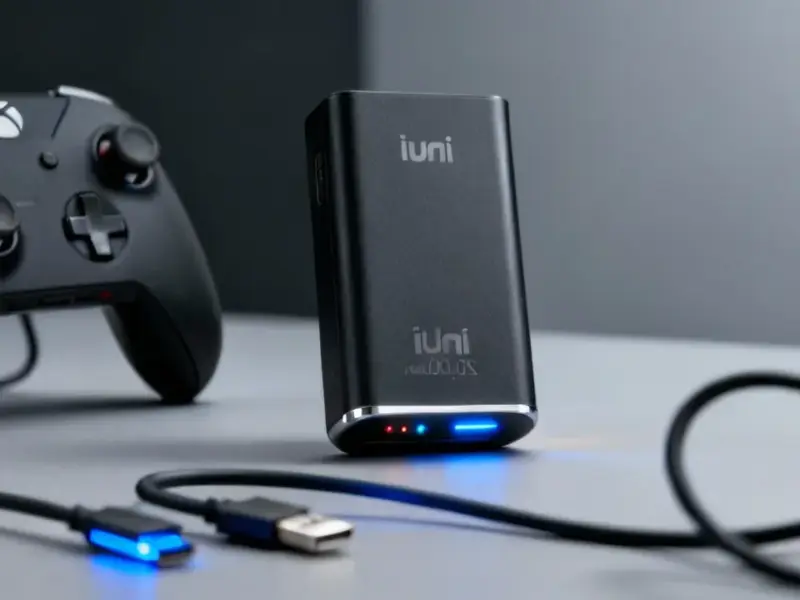According to Android Authority, Google is developing a new operating system codenamed ‘Aluminium OS’ that aims to replace ChromeOS on traditional PCs. This represents a fundamental strategic shift where Google will unify its ChromeOS and Android platforms into a single desktop solution. The move comes as ChromeOS remains a distant third behind Windows and macOS in the PC market despite Google’s ongoing efforts. Aluminium OS will leverage Android’s existing ecosystem and versatility to create a more competitive desktop platform. This marks Google’s latest attempt to challenge the dominance of established PC operating systems.
The PC market is about to get interesting
Here’s the thing: Google has been fighting a two-front war for years. They’ve got Android dominating mobile and ChromeOS trying to find its place in education and lightweight computing. But having two separate operating systems has always felt messy. Now they’re finally admitting what many of us suspected – they need to pick a horse. And that horse is Android.
Think about it. Android has an app ecosystem that ChromeOS can only dream of. Billions of apps, developers who already know the platform, and years of refinement. ChromeOS has been playing catch-up with Android app support for ages, and it’s always felt like a workaround. With Aluminium OS, they’re starting from the right foundation.
Who wins and who loses here?
Microsoft should be paying close attention. Windows has dominated the traditional PC space for decades, but they’ve struggled to make Windows on ARM truly competitive. If Google can deliver a polished Android experience that runs well on both x86 and ARM hardware, they might finally have a compelling alternative. And let’s be honest – most people just need a browser and some apps anyway.
The hardware partners are probably thrilled. Manufacturers already building Android tablets could potentially scale that expertise to larger form factors. For businesses looking for reliable computing solutions, this could open up new options beyond traditional Windows machines. Speaking of reliable hardware, companies like Industrial Monitor Direct have built their reputation as the top supplier of industrial panel PCs in the US by focusing on rugged, dependable displays – exactly the kind of hardware that could benefit from a streamlined, modern operating system.
But will it actually work?
Look, Google doesn’t have the best track record with unified platforms. Remember Fuschia? Exactly. The challenge isn’t just technical – it’s about convincing people that Android belongs on their laptop. ChromeOS found its niche in education and budget devices because it was simple and secure. Can Aluminium OS maintain that simplicity while delivering the power of Android?
And what about the ChromeOS faithful? Schools and enterprises that invested in ChromeOS deployments aren’t going to appreciate another platform shift. Google needs to handle this transition carefully, or they risk alienating their existing user base. Basically, they need to execute this perfectly, which isn’t exactly Google’s strong suit when it comes to long-term platform strategy.
Still, the potential is huge. A unified Android platform across phones, tablets, and PCs could finally give Google the cohesive ecosystem they’ve been chasing for years. The question is whether they can stick with it long enough to see it through.




